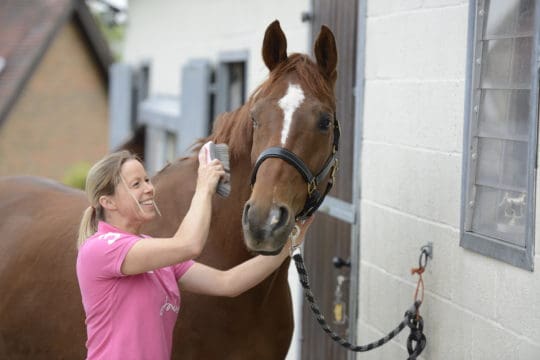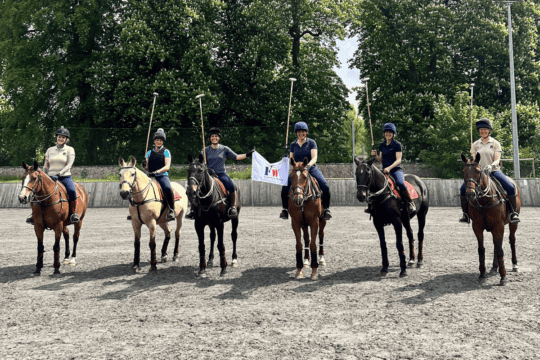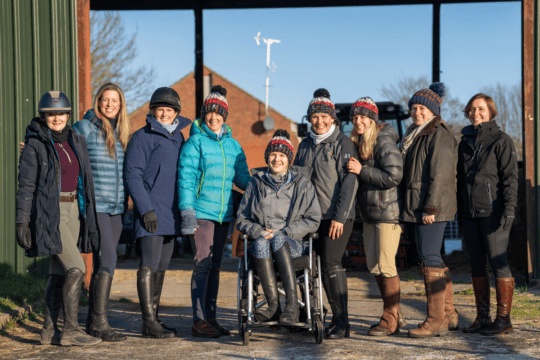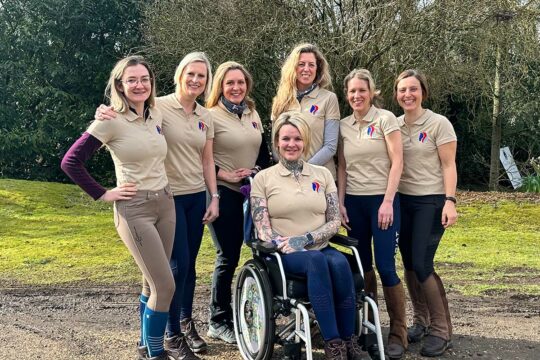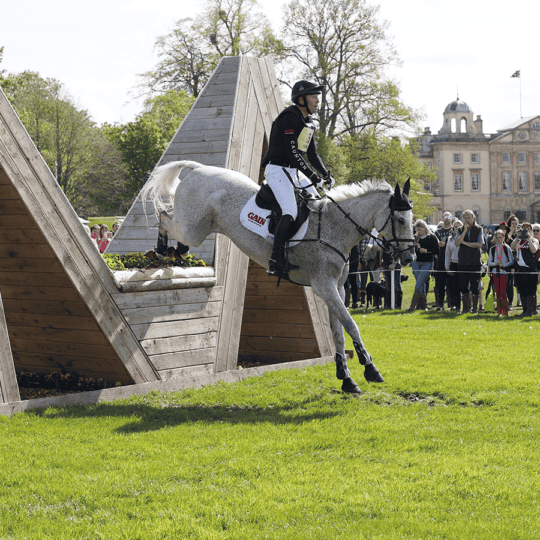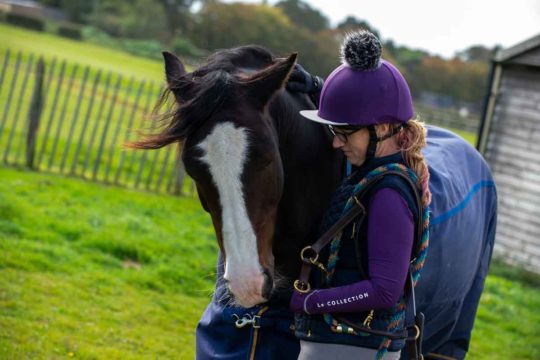
Most Read Articles
With the theme of the day at The World Horse Welfare Conference 2015 focusing on challenging the status-quo in equine welfare, it was set to be a day filled with topical debate and discussion.
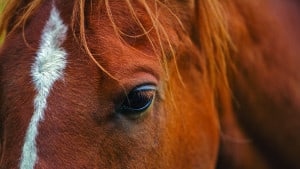
With retired National Hunt jockey John Francome in attendance there was an emphasis on the racing industry, and the first question posed was “Is the horse always put first at the heart of equestrian sport?”. The use of the whip was queried Francome said that jockeys wouldn’t be able to finish a race without the whip – it’s all done for money, not by feel. The discussion moved on to equine welfare and euthanasia in the EU, with a talk from Josep Subriana, a Catalan Veterinary and Animal Welfare specialist. He discussed the difference in welfare around the world, where horse care widely varies depending on religious and cultural beliefs.
After the morning break Sue Dyson, Head of Equine Clinical Orthopedics at the Animal Health Trust, brought to the discussion, the controversial topic “Is fat really a welfare problem?”. Horse care basics such as ad-lib feeding, treats, rugging and body condition scoring were discussed. The conversation heated up when dressage and show ponies were described as being ‘fat for fashion’.
The debate was the focal point of the day and the panel consisted of Lucy Higginson, David Hunt, Melissa Kite, Celia Marr and Daniel Mills. They debated the motion “Traditional horse management and training practices are best”. Mills made the point that horse owners mustn’t confuse knowledge and wisdom, as horsemanship is not always sufficient to ensure correct equine welfare. The topic concluded with a point from Celia Marr, that we should be creating horses that want to please, not who are afraid to disobey.
To conclude, WHW’s President, HRH The Princess Royal spoke, praising the importance of innovation, research and technology in improving equine welfare. She asked all equestrian sectors to come together to ensure that the welfare of the horse stays in the center of competition and everyday riding.
Overall, the day brought to light the recent increase in equine sport publicity and coverage, and questioned whether the horse is still the focus, or whether money and the battle for “top spot” are in fact overruling the welfare of our equine companions.
For more information from World Horse Welfare or to watch any of the topics back, visit worldhorsewelfare.org

